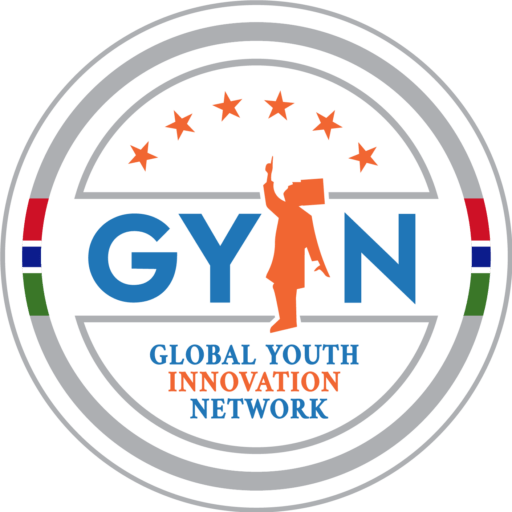
As we celebrate our 59th anniversary of self-rule, it is imperative that we reflect on the progress we have made and the challenges that lie ahead. Our nation, The Gambia, has made significant strides in various areas, but there are still pressing issues that require our attention and collective effort.
Firstly, we must address the issue of food security and malnutrition. Despite our agricultural potential, many of our citizens still suffer from hunger and malnutrition. We need to implement nature-based solutions that prioritize sustainable farming practices and ensure that every Gambian has access to nutritious food.
Secondly, we need to focus on mitigating and adapting to the effects of climate change. Our country is vulnerable to the impacts of climate change, including rising sea levels and extreme weather events. We must work with nature and implement nature-based solutions to protect our environment and build resilience against climate change.
Thirdly, we need to modernize our educational system. Our current curriculum is outdated and does not adequately prepare our youth for the challenges of the 21st century. We need to update our curriculum to reflect the realities of our state and equip our students with the skills they need to succeed in a rapidly changing world.
Fourthly, we need to improve our healthcare services. Many Gambians are forced to seek medical treatment overseas due to the poor quality of our healthcare system. We need to invest in our healthcare infrastructure and train more healthcare professionals to reduce the number of people seeking treatment abroad.
Fifthly, we need to address the issue of youth migration. Many of our young people risk their lives trying to reach Europe in search of better opportunities. We need to create more opportunities for our youth at home and make The Gambia a place where they can thrive.
Finally, we need to address the dysfunction in our civil service. Corruption and inefficiency are rampant in many government institutions, making it difficult for our citizens to access the services they need. We need to reform our civil service and ensure that it is accountable, transparent, and responsive to the needs of the people.
In conclusion, as we celebrate our 59th Independence Day, let us remember that the journey to a better Gambia is ongoing. We must work together to address the challenges we face and build a brighter future for all Gambians.
S&D Farm analysis of state of The Gambia 
The analogy of The Gambia being like a 59-year-old man who cannot feed himself, take care of his basic needs, and is not in charge of his destiny is a poignant one. It highlights the challenges that our nation faces and the need for urgent action to address them.
Just like a person who is unable to take care of themselves, The Gambia is currently unable to provide for the basic needs of its citizens. Many Gambians struggle to access nutritious food, clean water, and adequate healthcare. Our educational system is outdated, and our infrastructure is in need of repair. These are all issues that need to be addressed if we are to improve the quality of life for all Gambians.
Furthermore, the analogy also speaks to the lack of agency that many Gambians feel. Just as a person who is unable to take care of themselves may feel powerless, many Gambians feel that they have little control over their own destinies. Corruption and inefficiency in government institutions make it difficult for citizens to access the services they need, and many feel that their voices are not being heard.
However, just as a person who is unable to take care of themselves can seek help and support from others, The Gambia can also seek assistance from the international community and work together with other nations to address its challenges. By working together, we can build a brighter future for all Gambians and ensure that our nation is able to take care of its citizens and chart its own destiny.
Author:

Dembo Keita, Founder & C.E.O of S&D Farm
